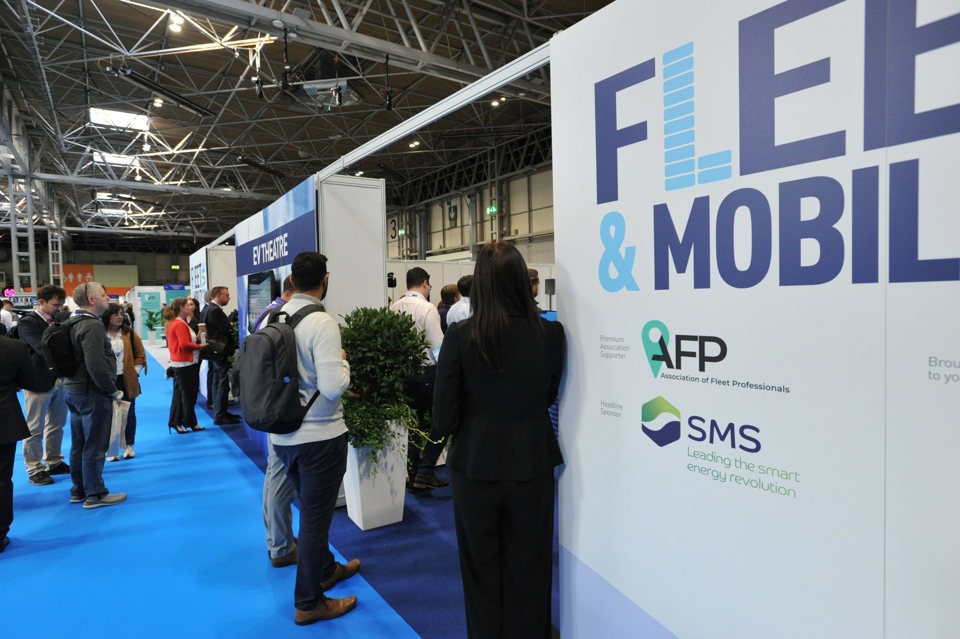A wide choice of vehicles and attractive cost incentives have made the transition to electric cars “easy” for some fleets.
Those that need electric commercial vehicles still face challenges, however.
In outlining the cost differences between petrol, hybrid and electric vehicles, Harvey Perkins, co-founder of HRUX, showed Fleet & Mobility Live delegates how electric cars make the most financial sense even though they often have much higher list prices.
In Perkins’ example, the electric car has a price difference of more than £13,000 compared to petrol, but over a four-year cycle the tax and fuel saving more than made up the difference.
Perkins said that even if benefit-in-kind tax reached 10% - a possibility post 2025 – the electric car would still be the cost champion.
Register now for 2024’s Fleet & Mobility Live
Setting the scene for van operators, Duncan Webb, fleet director at The AA, painted a bleaker picture. He pointed out that fleets will need to consider a wider array of additional costs in order to run electric vans – the biggest being unplanned downtime.
With shorter ranges and more intense duty cycles than cars, electric vans need to be charged more regularly. This creates a challenge for businesses, which will need to ensure employees have access to sufficient infrastructure.
Webb said: “If you can park at home and charge overnight, your fuel bill will reduce drastically. The problem is most vans will take, on a home charger, anywhere between 10-12 hours from empty to full. So, its pretty unrealistic to expect you can recharge electric vans on an overnight tariff.”
Even on a daytime tariff, electric vans will have lower overall fuel costs than diesel equivalents. For a typical medium sized van this could amount to around £4,000 over a typical four-year cycle.
“There’s not many people who run vans that can run purely on home charging,” Webb added.
He said, even at the cheapest end of public charging it’s still going to cost more than diesel.
Webb outlined a scenario where a van was charged 35% at home and 65% on the move. In this case the fuel costs were almost £4,000 more than the equivalent diesel.
“We think our cost of fuel will go up because we are reliant on that pay-as-you-go infrastructure,” Webb added.






















Login to comment
Comments
No comments have been made yet.